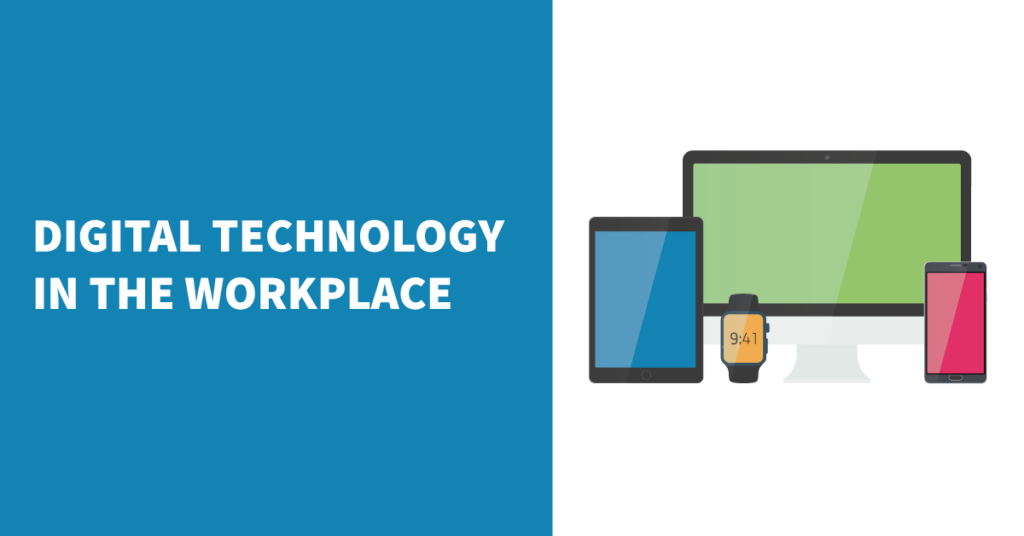
Digital Technologies
Digital technologies are electronic tools, systems and devices that involve generating, storing or processing data. Common examples used to describe a digital technology would be social media, cloud software, mobile phones, AI (artificial intelligence), and GPS (Global Positioning System).
Bringing digital technologies into your business can come with significant benefits. It can boost work efficiency, saving time and money and increasing your company profits. There are simple changes you can introduce to your business such as how your teams communicate.
With the current pandemic, many businesses have already made the switch to digital alternatives to avoid unnecessary travel and to reduce the number of people in the same room. With employees now being able to return to work, it might be worth considering making some of these changes a permanent solution. So whether you’re still using traditional methods, or you’re considering going back to your old ways, here’s why you should go digital!
Paperless office
Do you find yourself overly spending on printer supplies? Ink can become expenses when people are constantly printing, so a paperless office could be a cost effective solution.
A paperless office will create easier document organisation. The days of flicking through piles of documents to find what you’re looking for will soon be over, with the ability to be able to search for them with a click of a button.
It will also result in a greener business, as it’s a more environmentally friendly option. You will no longer be wasting paper or throwing away plastic packaging from your ink cartridges.
Digital Signatures
To avoid having to send documents in the mail and waiting days for it to be returned, you can use softwares such as Adobe Sign to send e-documents and gain signatures within a matter of minutes. This will also contribute to a paperless office and save on delivery costs or unnecessary travel.
Cloud file sharing
This leads us on to our next change. If you want to go paperless, it’s a good idea to choose a cloud sharing platform to store your documents. It will provide your team with easier document organisation and increased security.
Great options for your business include Dropbox, Microsoft OneDrive and Google Drive. Each of these will provide the ability to organise documents into folders, and choose who you want to share the folders with within the business.
Video Conferencing
Calling a meeting often involves travelling for some or all of the attendees. Switching to a digital alternative like Zoom will save your employees time, so they can focus more on their workload. Avoiding sitting in heavy traffic will reduce stress, keeping your employees and business partners happy.
Many platforms, such as Microsoft Teams, provide the ability to share documents and screen recordings, which can increase productivity.
If you want to take it a step further, you can intertwine video calling into other aspects of your business such as interviews and distance learning.
Communication Platforms
If you don’t want your emails getting messy and prefer a place where you can instantly message your team, a communication platform such as Slack or Microsoft Teams is a possible solution.
Slack will enable you to create ‘channels’ to separate different topics, so you can keep communication organised. It also includes a mobile app enabling you to message on the go.
Virtual Assistants
When thinking of virtual assistants, Siri and Alexa are a few examples that come to our minds. They make our lives easier by speeding up our everyday tasks, such as ordering items, playing music on request, sorting our ‘to-do’ lists and scheduling meetings.
Now think about if we could bring that technology into the workplace. A virtual assistant can answer questions in real-time, handle operational logistics like scheduling meetings and automate repetitive daily tasks.
They will also aid on the customer side. Implementing a virtual assistant into your website or social media platforms allows it to answer common enquiries so that your customer service team has the time to respond to more advanced enquiries, creating more satisfied customers.
Hire an apprentice
Our learners complete a three-week intensive digital technologies qualification prior to starting their new apprenticeship, meaning they are readily equipped with the digital knowledge when they start their new role with you. Find out more about hiring an apprentice here.
Interested in a digital career?
The B2W Group offers a funded Introduction to Digital Technologies qualification, which provides more insight into digital technologies, as well as covering other topics related to IT and Digital Marketing such as:
- Digital presence, awareness and safety
- Digital Technology in the workplace
- Introduction to Design and Development of Software
- Introduction to Installing Computer Software
- How to Set-up an IT Network
- Key Elements of Digital Marketing
- Principles of Marketing
We have upcoming dates in the Greater Manchester area. Find out more here.


